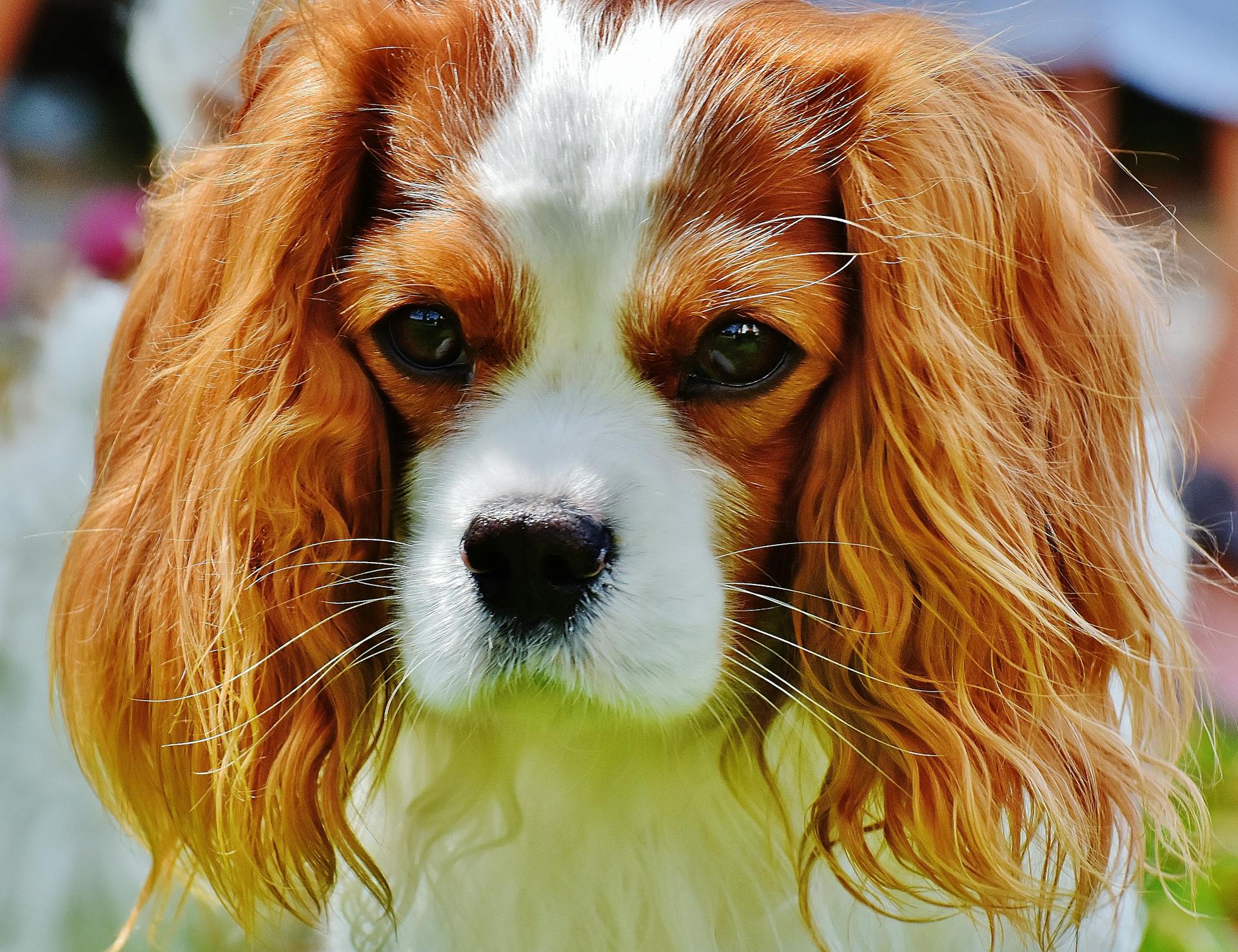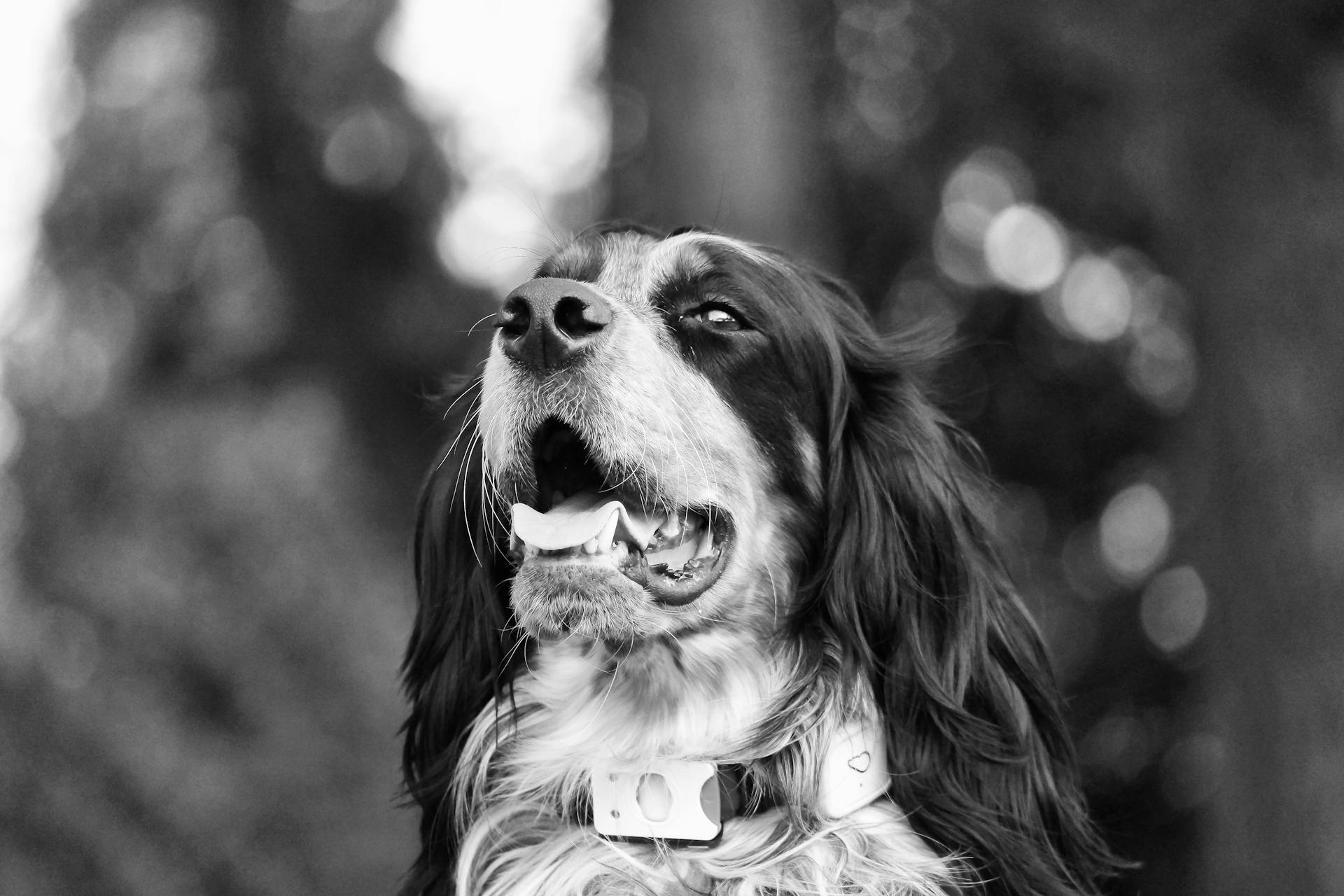
Owning a long haired Morkie can be a delightful experience, but it's essential to know what to expect. These adorable dogs are a cross between a Yorkshire Terrier and a Maltese, and their long hair is one of their most distinctive features.
Their coats require regular grooming to prevent matting and tangling. Long haired Morkies need to be brushed daily to prevent their hair from getting knotted.
Their small size, weighing between 4-8 pounds, makes them perfect companions for apartment dwellers. They are also relatively low maintenance when it comes to exercise, requiring short walks and playtime.
Their intelligence and affectionate nature make them a great fit for families with children. Long haired Morkies are known to be gentle and patient, making them an excellent choice for households with kids.
Temperament & Intelligence
Long-haired Morkies are known for their affectionate nature, thriving on interaction with their family members. They form strong bonds with their owners, often craving attention and affection.
Morkies are intelligent dogs, inheriting a mix of traits from their Yorkshire Terrier and Maltese parents. They are expert problem solvers and quick learners, making them easy to train, even for beginners.
Their high energy levels and playful personalities make them lively companions. They love to play and zoom around the yard, displaying a fearless attitude despite their small size.
Morkies are prone to barking, especially if they feel protective of their family or environment. Consistent training can help control this behavior.
Here are some key temperament traits of Long-haired Morkies:
Morkies can suffer from separation anxiety if left alone for extended periods. Early socialization and positive reinforcement training can help address this issue.
Living Needs
Morkies can thrive in apartment settings, but they do require regular exercise and mental stimulation to prevent boredom and destructive behavior.
They need space indoors to play and lots of toys to keep them engaged.
Morkies generally get along with children, but small kids should be taught how to handle dogs gently to avoid accidents.
As for companions, Morkies bond strongly with their primary caregivers, so it's essential to spend quality time with them daily.
Exercise
Exercise is a crucial part of a Morkie's daily routine. You'll want to set aside 30-60 minutes each day to play with your Morkie to keep them healthy and happy.
Breaking up the time into several sessions is a great way to keep your Morkie active, and going for short walks is a great way to start. Playing fetch is also a fantastic way to get them running around and burning off energy.
Adjust the activity level based on the age and health of your pet, as Morkies can tire easily. Indoor interactive games are a great way to keep them entertained and active on rainy days or when you're short on time.
Morkies don't require a yard to get the exercise they need, as long as they have space indoors to play and plenty of toys for mental stimulation.
Training
Training your Morkie is a breeze, especially if you start early and are consistent. They're eager to please and will try their best to figure out what you want from them.

Consistency is key, so use the same commands and routines to avoid confusion. This will help your Morkie understand what's expected of them.
Morkies are smart and can pick up commands quickly, but they can also be a bit stubborn. Positive reinforcement training is a great approach, using praise, treats, and affection to reward desired behavior.
Short training sessions are best, lasting around 10-15 minutes, and should be fun and engaging. You can incorporate puzzle toys, obedience training, and interactive games to challenge their mind and keep them entertained.
To avoid boredom and destructive behavior, make sure to provide mental stimulation through varied activities. Their intelligence makes them excellent candidates for agility training, fetch, or scent games.
Here are some general tips to keep in mind:
- Be Consistent
- Keep Training Sessions Short and Fun
- Mental Stimulation
Living Needs
Exercise is crucial for your Morkie's health and happiness, so set aside 30–60 minutes each day to play with them.
You can break up the time into several sessions, and going for short walks, playing fetch, and even doing indoor interactive games will help them stay more active.
Adjust the activity level based on the age and health of your pet.
To ensure your Morkie is eating the right amount, check the feeding guidelines on the food packaging and monitor their weight.
Here are some general guidelines for portion sizes based on weight:
Remember, always adjust portion sizes based on the specific dog food you’re using.
Health
Long-haired Morkies are generally a healthy breed, but like all dogs, they can be prone to certain health issues. They have a relatively long lifespan, around 12-15 years.
Their hybrid nature can exhibit hybrid vigor, making them less likely to inherit recessive genetic disorders carried through purebred lines. However, it's essential to work with reputable breeders who screen the parents for common genetic disorders before breeding them.
Some red flags to watch out for when looking for a Morkie include breeders who sell multiple variations of hybrid breeds or are pushy and try to create a sense of urgency. Don't be afraid to ask questions and do your research.
Explore further: Morkie Breeders
Luxating patella, or slip knee, is a common issue in Morkies, as it is in their parent breeds, the Maltese and Yorkshire terrier. This condition can be treated with surgery, but it's essential to catch it early.
Small dogs like Morkies are prone to dental issues, so make sure to brush their teeth daily with a doggy toothpaste to keep their pearly whites healthy.
Here are some common health concerns for Morkies:
- Dental problems: Due to their small mouths, Morkies can be prone to dental overcrowding and tooth decay.
- Patellar luxation: A condition where the kneecap dislocates or moves out of its normal location.
- Hypoglycemia: Low blood sugar, especially in puppies or very small adults.
- Eye issues: Including progressive retinal atrophy and cataracts.
- Collapsed trachea: A weakening of the cartilage rings in the trachea.
- Portosystemic shunt: A liver condition where blood bypasses the liver.
- Allergies: Both environmental and food allergies can be common.
- Legg-Calve-Perthes disease: A hip joint disorder more common in small breeds.
Care and Grooming
To keep your long-haired Morkie looking and feeling its best, regular grooming is a must. Brush their fur 3-4 times a week to prevent matting and tangles, paying extra attention to areas prone to matting like behind the ears, under the legs, and around the collar.
You'll also want to bathe your Morkie every 4-6 weeks or as needed, using a gentle dog shampoo to avoid drying out their skin. After a bath, towel-dry and use a blow dryer on a low, cool setting if necessary.
In addition to regular brushing and bathing, don't forget to trim your Morkie's nails every 4-6 weeks, depending on their activity level. Use a dog nail clipper or a grinder, being careful not to cut too far down and hit the quick.
Here's a quick guide to get you started:
Regular grooming will help prevent health issues and keep your Morkie looking their best.
Grooming
Grooming is an essential part of Morkie care, and it's not just about making them look cute. Brushing their fur regularly will keep it looking neat and prevent knots and tangles.
You'll need to brush your Morkie at least once a week, but some may require more frequent brushing, especially if they have a curly or wavy coat. A slicker brush or pin brush is best for detangling, and don't forget to pay extra attention to areas prone to matting like behind the ears, under the legs, and around the collar.
Brushing frequency can vary, but 3-4 times a week is a good rule of thumb to prevent matting and tangles. Here's a breakdown of the best tools to use and areas to focus on:
Bathing your Morkie every 4-6 weeks or as needed will help keep their coat shiny and odor-free. Use a gentle dog shampoo and avoid over-bathing, as this can dry out their skin.
Don't forget to clip your Morkie's nails when you hear them clicking on the floor, as indoor dogs may not wear them down enough. Overgrowth can lead to discomfort and injury, so it's essential to trim them every 4-6 weeks, depending on their activity level.
Can Dogs Be Trained?
Training a dog can be a fun and rewarding experience for both you and your furry friend.
Morkies are very intelligent dogs, making them easy to teach new tricks and commands.
However, their Maltese side might make it a little more difficult to housebreak them.
With patience and consistency, you can help your Morkie learn to behave well in the house.
They are surprisingly protective of the people and things they care for, which means they can make great watchdogs.
But remember, their tiny size makes them vulnerable to injury, especially from children too young to know how to handle a dog properly.
Feeding and Nutrition
A well-balanced diet is crucial for a long-haired Morkie to stay healthy and maintain a good weight.
Their small stomach means even a small amount of the wrong foods can be fatal, so it's essential to keep them away from dog-toxic foods like chocolate and onions.
As a small dog, a Morkie's food should have real meat like chicken or turkey listed as the first ingredient.
Follow the portioning recommendations on the package carefully to avoid overfeeding and weight gain.
A Morkie's portion size depends on their age, weight, and activity level, so measuring portions carefully is a must.
Limit treats to no more than 10% of their total daily calories to prevent overfeeding.
Talk to your vet if you're unsure about what food to use or how to develop a diet plan for your Morkie.
You might enjoy: Small Breed Bichon Frise
Family Compatibility
Long-haired Morkies are generally excellent companion dogs, thanks to their affectionate, playful, and social nature. They are a great match for families and individuals who can provide plenty of attention and affection.
Their friendly nature often makes them good companions for other pets, whom they will often encourage to play. However, they do have a strong prey drive and may chase after animals smaller than them, especially mice.
Morkies are surprisingly protective of the people and things that they care for, but their tiny size makes them vulnerable to injury, especially from children too young to know how to handle a dog properly.
They require lots of attention and can be needy, so it's best if they are not left alone for long periods of time. With proper socialization, supervision, and care, Long-haired Morkies can thrive in various family environments.
General Information
The Long Haired Morkie is a popular crossbreed dog known for its adorable looks and affectionate nature.
They typically weigh between 7-10 pounds and stand between 4-7 inches tall.
Their long, silky coats require regular grooming to prevent matting and tangling.
Long Haired Morkies are generally friendly and outgoing, making them great family pets.
About

The Morkie is a relatively new designer breed that got their start in the late 1990s. They were created to be a companion dog with a vibrant personality and a low-shedding coat.
The Maltese parent is an ancient breed dating back more than 2,000 years, making it one of the oldest dog breeds in the world.
Their small size and adaptable nature make them perfect for people living in small apartments.
Looks and Types
Morkies can inherit a silky texture from their Maltese parent, which is known for its soft, smooth coat. Their coat can be a combination of their parents' traits.
Their coat may be straight, like that of a Yorkshire Terrier, or wavy, blending traits from both parents. A straight or wavy coat is a common feature in Morkies.
Morkies tend to have low-shedding coats, which makes them suitable for people with mild allergies. Regular grooming is essential to prevent matting.
Consider reading: Straight Hair Aussiedoodle

Their coat can range between black, white, and tan – or anything in between. This variety in coat color is due to the mix of their Maltese and Yorkshire Terrier heritage.
Here's a breakdown of the common coat textures and types found in Morkies:
- Soft and Silky: Inherited from the Maltese parent.
- Straight or Wavy: A combination of traits from both parents.
- Non-Shedding or Low-Shedding: Suitable for people with mild allergies.
What Is a
So, you're wondering what a general information article is all about? It's a broad topic that covers a wide range of subjects, including the basics of various things.
A general information article is like a guidebook that provides an overview of a particular subject, breaking it down into smaller, more manageable chunks. It's meant to be a starting point for further learning or research.
The article section on "General Information" defines it as a broad category that encompasses various types of knowledge. It's a catch-all term that includes everything from basic definitions to more in-depth explanations.
In the article section on "What Is a General Information Article?", it's mentioned that it's often used to provide an introduction to a topic, helping readers understand the basics before diving deeper. This is especially helpful for beginners or those who are new to a particular subject.
A general information article can take many forms, including essays, reports, and even blog posts like this one. The key is to provide accurate and reliable information that's easy to understand.
Frequently Asked Questions
What does a full grown Morkie look like?
A full-grown Morkie typically weighs 5-7 pounds and stands 7-9 inches tall, with a variety of colors including black, brown, white, and golden. Their appearance is often influenced by their Yorkshire terrier parent's coloring.
Featured Images: pexels.com


